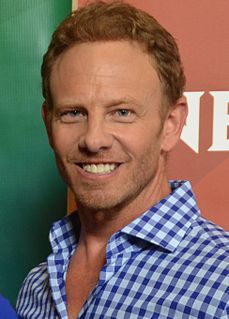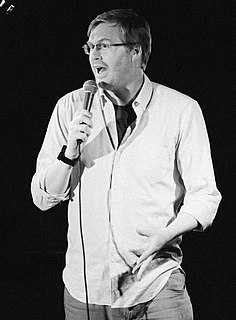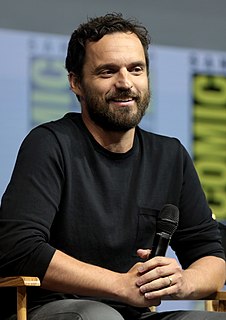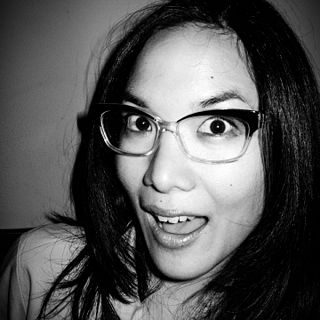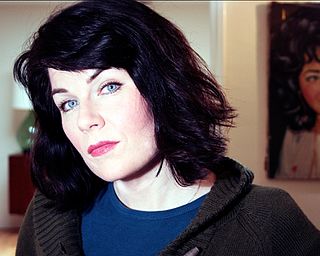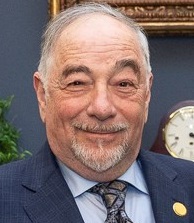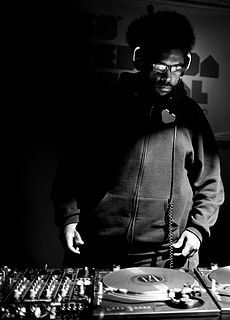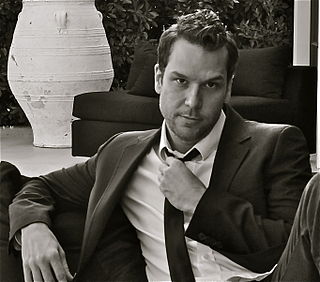A Quote by Ian Ziering
It's intimidating when you have to stand onstage amongst a bunch of men who are dedicated to maintaining peak musculature and athleticism, and they're six-five, 240 pounds of twisted steel and sex appeal. It's a lot to stand up to... My goal is to not look like Chris Farley.
Related Quotes
A lot of improvisers mistakenly assume stand-up is awful, because there are a lot of stand-ups in the world that did not appeal to me. It was so easy to make a blanket statement when I was improvising only: 'Stand-up's terrible.' It's so ignorant and stupid to do that. But it's easy to do that. So that's where I came from.
First, I wanted to be Chris Farley. When I was growing up, Chris Farley was still on the stages and fun to us. In my house, John Belushi was king. I didn't grow up when he was - I was born in '78 - the reruns of Belushi in 'Animal House,' and knowing he was at Second City, he was viewed as a king in my house.
I just like to build. Don't get me wrong: I think stand-up is great, and when someone like Richard Pryor or Steve Martin does stand-up, there's nothing better in the world. But I don't want to watch a lot of stand-ups for two hours. So I can do 45 minutes of stand-up and then say, 'Can we do something else now?'
Yeah, I mean, I did regular stand-up for a long time. And I did - I stopped doing stand-up when I worked on 'Ellen,' which was for five years. So when I went back to it, I found that, like, regular stand-up didn't really do it for me anymore. It almost felt insincere, like I wasn't saying anything I actually really wanted to say.
